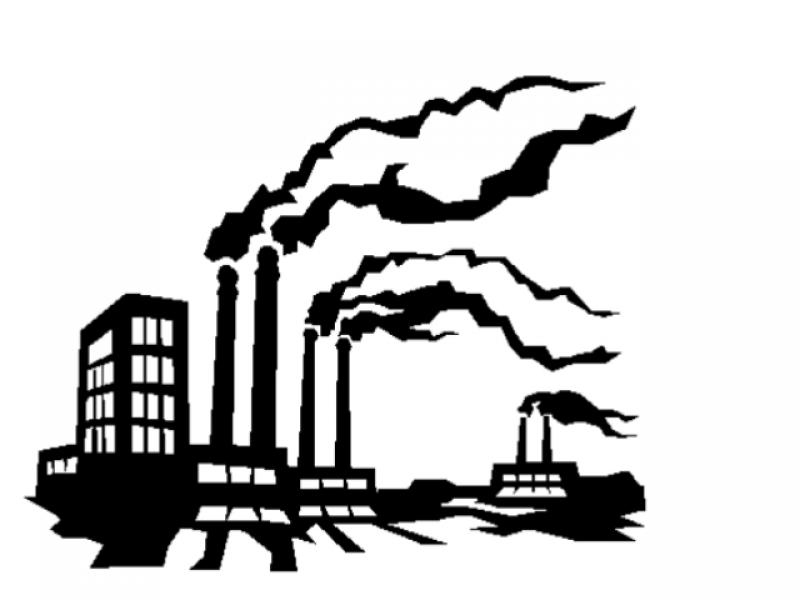
The Treasury has declared that an economic plan will be presented tomorrow. Against the backdrop of the statement, business organizations have passed on their demands to the Treasury, including the Manufacturers' Association, which has held meetings of the industrialists throughout the day, led by the association's president, Ron Tomer.
Manufacturers presented the Treasury with their plan for saving and accelerating the economy as the crisis ended. They continued to negotiate on both fronts that are leading the economic crisis, and also met with representatives of the National Security Staff (MLA), which included the event for the Prime Minister's Office.
The Treasury has yet to decide on the details of the additional plan to encourage the economy to present today, in accordance with the schedule set by Prime Minister Benjamin Netanyahu. The Ministry of Health's CEO, Moshe Bar Seaman Tov, continued to press for the need for a complete closure and abolition of the current situation, which allows 30% of the necessary personnel to go to work. The Treasury continued to oppose the economy's total closure, warning of the economic damages of such a move.
Initial analysis by the Department of Economic Research of the Manufacturers Association shows that due to a reduction in the volume of operations in the short term, a loss of NIS 40 billion in business product is expected in terms of value added. Manufacturers argue that in light of the negative global growth projections, action must be taken to accelerate growth, strengthen domestic production and increase industry investment.
The program presented to the Treasury focuses on liquidating the economy through loans and resolving the issue of credit insurance companies. Because businesses are in trouble, the insurers want to stop credit insurance and need to switch to cash work. At the same time, the issue of liquidity becomes material and may become even more material if the crisis continues, as there is already a concern in the economy from credit crunch. Initial analysis by the Department of Economic Research of the Manufacturers Association shows that due to a reduction in the volume of operations in the short term, a loss of NIS 40 billion in business product is expected in terms of value added. Manufacturers argue that in light of the negative global growth projections, action must be taken to accelerate growth, strengthen domestic production and increase industry investment.
The program presented to the Treasury focuses on liquidating the economy through loans and resolving the issue of credit insurance companies. Because businesses are in trouble, the insurers want to stop credit insurance and need to switch to cash work. At the same time, the issue of liquidity becomes material and may become even more material if the crisis continues, as there is already a concern in the economy from credit crunch.
The cost of the program offered by the industrialists to the economy is NIS 12 billion, of which NIS 3 billion is to support loan funds, which will allow NIS 25 billion to be injected into the economy with loans.
"The plan will allow some fewer workers to be released to the USSR and continue to retain employees," says Tomer. Manufacturers say that if decisions are not made soon, about 850,000 employees in the business sector will find themselves without work within two weeks.
"The state's credit insurance program will inject oxygen into the economy and allow it to continue operating," says the Association of Manufacturers, Dr. Ron Tomer. On the other hand, harming this important tool during the current crisis will act as a snowball, which could damage a wider chain of suppliers and customers. "
The Finance Ministry is considering temporarily raising the excise tax on gasoline. This is in the context of attempts to reduce the expected severe damage to the state's income in the light of the Corona crisis.
The initiative comes against the backdrop of the expected drop in fuel prices in the coming month, with the idea being to raise the excise tax on fuel in a way that will reduce or even eliminate it completely. In addition, the partial downturn of the economy and the closure greatly reduce the public's use of a private vehicle, which may slightly sweeten the decree.
On the other hand, revenue growth is not expected to be dramatic at this stage either. Fuel tax revenues reach NIS 20 billion a year.
The Treasury is currently feverishly looking for sources to increase tax revenues, against the backdrop of very bleak forecasts for the expected decline in state revenues as a result of the Corona crisis. Raising the excise duty on gasoline is a relatively simple step that does not require the Knesset's approval. All it takes is the Finance Minister's signature on an order to raise the excise tax.
Today, the state charges an excise duty of NIS 3.07 per liter of gasoline and another 86 cents per liter of VAT.
The oil price crash should lead to a sharp drop in gasoline prices. It is estimated that gasoline prices may fall by 80 to 90 cents per liter at the end of the month.
Articles Archive
Top Categories
ABOUT IFI TODAY

Lorem ipsum dolor sit amet, consectetur adipisicing elit, sed do eiusmod tempor incididunt ut labore et dolore magna aliqua. Ut enim ad minim veniam, quis nostrud exercitation ullamco laboris nisi ut aliquip ex ea commodo consequat. Duis aute irure dolor in reprehenderit in voluptate velit esse cillum


Comments